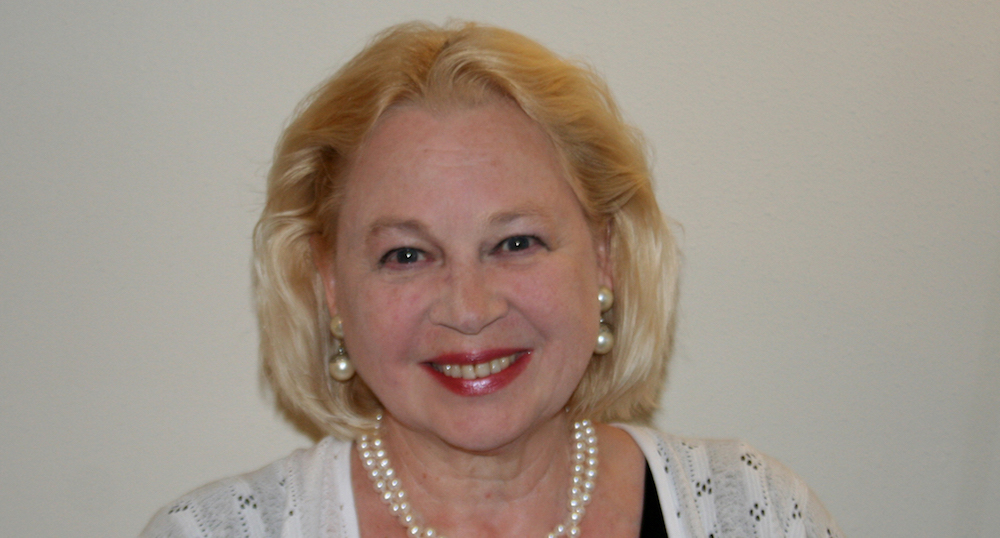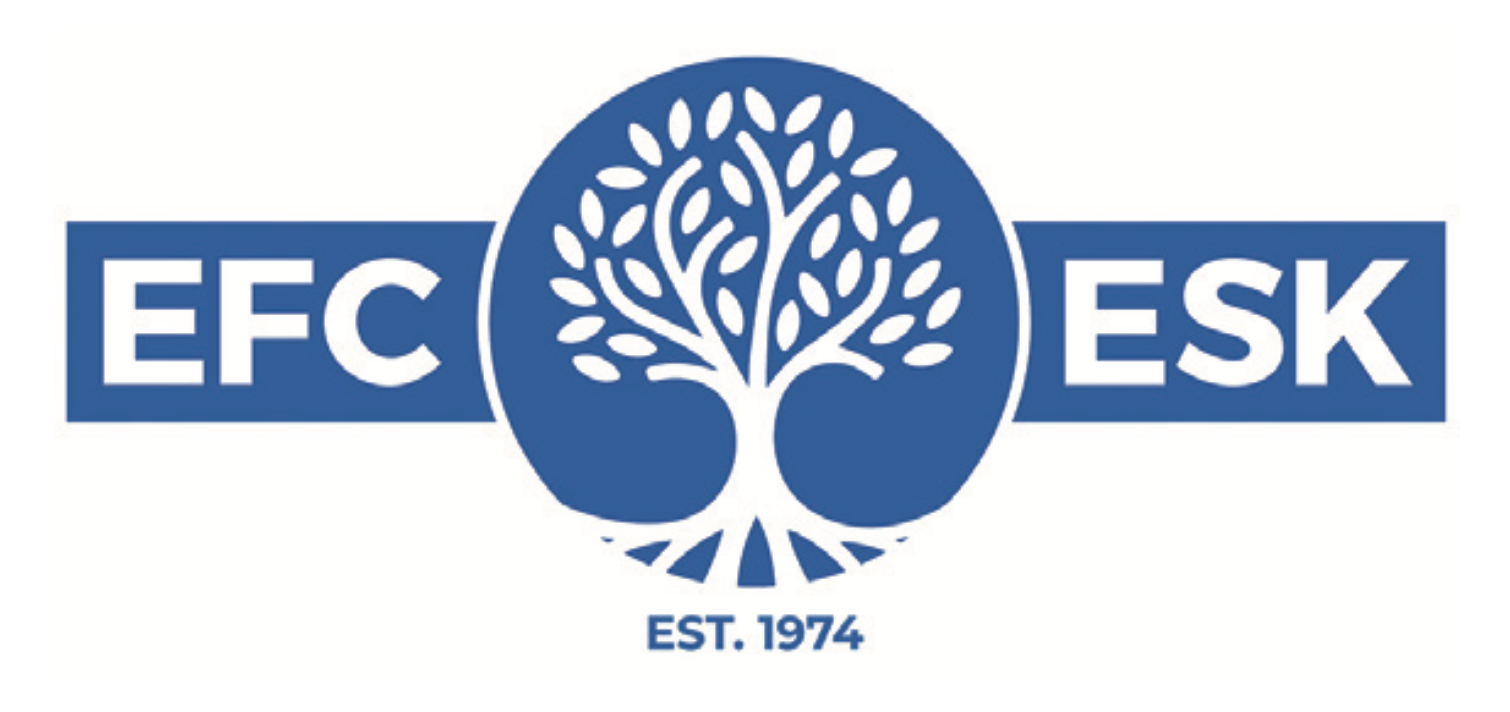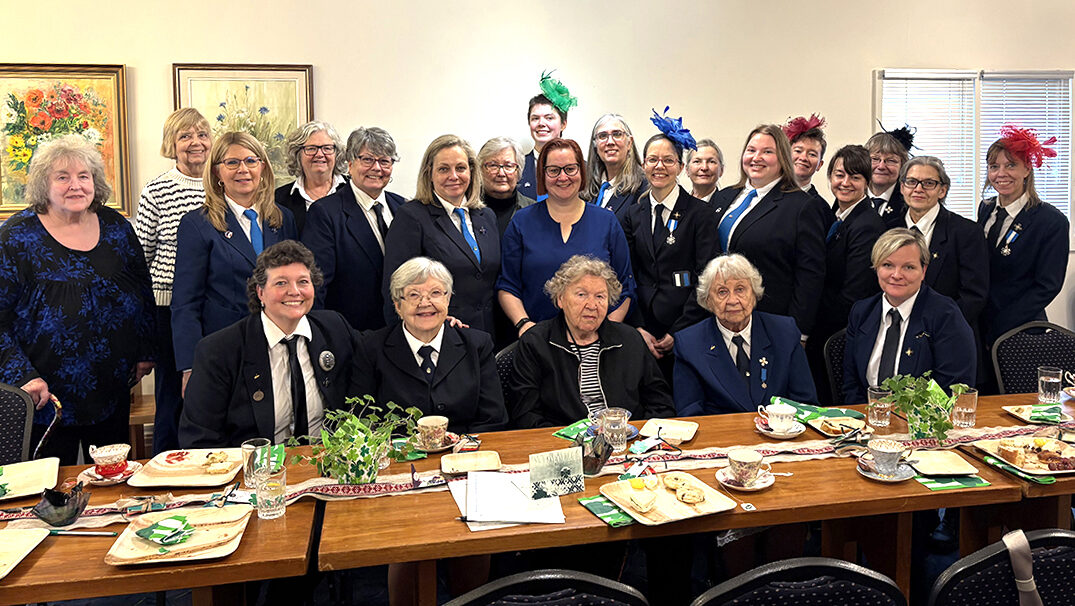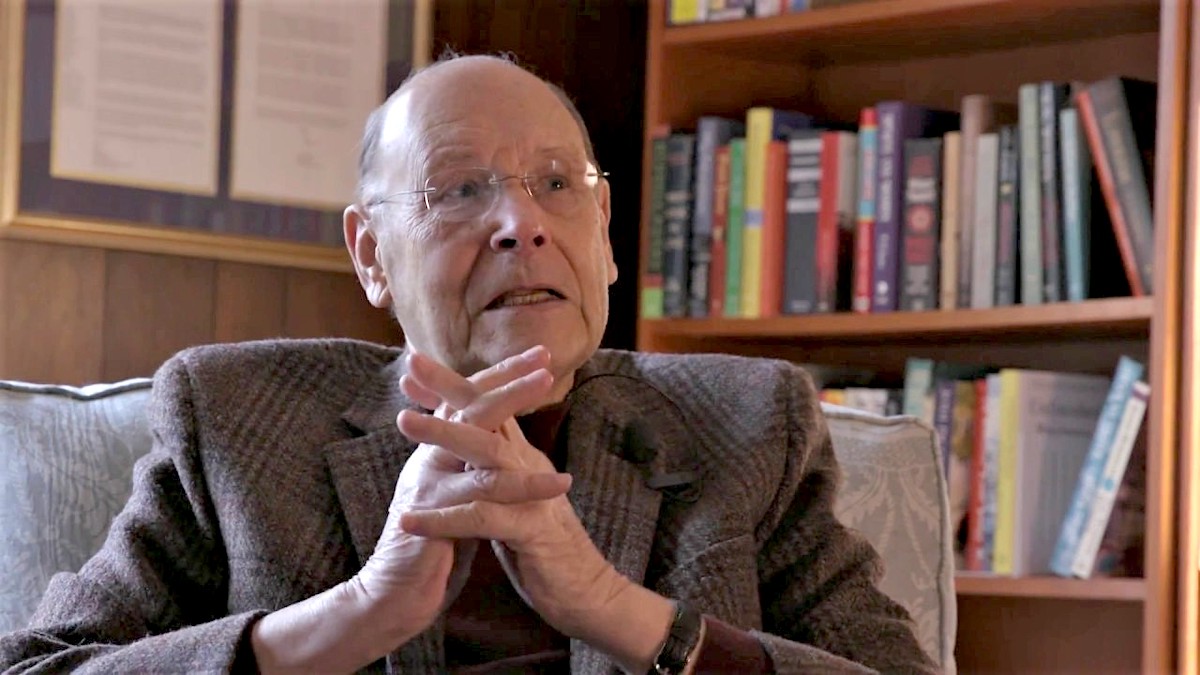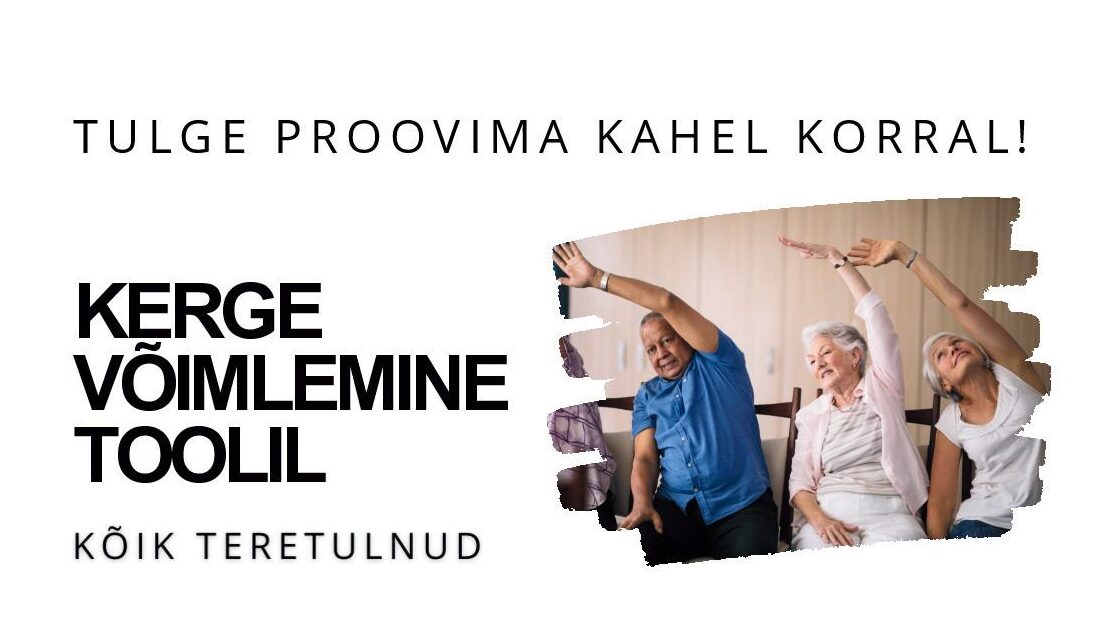Suddenly, conferences she was planning to attend were canceled. The Estonian language and culture class she had been teaching through the Toronto Summer University for 10 years was canceled.
With her life disrupted, she found herself unable to work on her memoirs, which is the book she currently has in progress.
“I was not able to concentrate,” she said. “Everything changed in my life.”
Accustomed to releasing books and going on tour, she found herself at home, coping with the pandemic. She began to focus on strengthening her immune system by swimming and walking. She and Walters also started golfing.
“Gardening has been helping me during the pandemic,” Kiin noted as she looked around the lush garden she has cultivated in their back yard. “I've been reading a lot, but not much writing.”
She has also not seen her son or her grandson.
“They can't visit here and I can't go there,” she said. They keep in touch through social media, email and videocalls.
“That's how he introduced his girlfriend to me,” Kiin commented, referring to her 22-year-old grandson Martin.
This spring, as COVID vaccines have changed the impact of the coronavirus and seem to be stemming the tide of the pandemic, she is watching both numbers and borders. She knows that she will not be able to return to Estonia until the borders are open between the two countries.
“With my U.S. passport, I could not fly there,” Kiin stated. She admits that wearing a mask for the trans-Atlantic flight would be a hardship since she has asthma.
But, at this point, that is a secondary consideration. Although she has been fully vaccinated, she cannot go to Estonia because only about 40% of the 1.3 million people who live there have been vaccinated.
Part of the problem there, as in the United States, is vaccine resistance. A CBS News poll earlier this month showed that 18% of Americans aged 18 and older will not get vaccinated. The poll showed that overall, Republicans are less likely to be vaccinated than Democrats.
While 77% of Democrats report being fully vaccinated, only 52% of Republicans have been fully vaccinated. Similarly, 29% of Republicans report they will not be vaccinated while only 5% of Democrats hold the same position.
In Estonia, where one-third of the population is Russian, the problem is Russian propaganda, according to Kiin.
“Russia has developed its own vaccine. The European Union does not recognize it as a safe vaccine,” she said. However, Russian media reports other vaccines are not safe, influencing the decisions being made by Russians living in Estonia.
“Even medical workers refuse to take vaccines, only the Russian vaccines they can't get,” Kiin reported. With that resistance, she doesn't know how enough people will be vaccinated in the country for its borders to open.
That was only part of the problem. Prior to May, there was a shortage of vaccines. However, in May, they became more readily available. Currently, there's a nationwide registration system which allows individuals to make an appointment anywhere in the country to get a shot.
“You can see where it is free and book it,” Kiin said. Since a motorist can travel from border to border in about three hours, booking an appointment in a community other than the one in which an individual lives does not pose a hardship.
As recently as last week, the European Union recommended member countries lift restrictions on visitors from the United States. However, each country has the authority to make its own decisions and could require testing or vaccination records.
Kiin doesn't know if she will ever fully resume her previous lifestyle because she doesn't know whether organizations of which she is part will resume holding conferences and other activities as they did in the past. They have learned that Zoom conferences are far less costly, especially when international travel is involved.
As she waits to see what kind of new norm will develop, and waits to return to Estonia, she is philosophical.
“There must be some lesson for humankind. We must learn something from it,” Kiin said about the pandemic and paused to look around her garden. “We learned from it how important are the friendships and family we have.”
